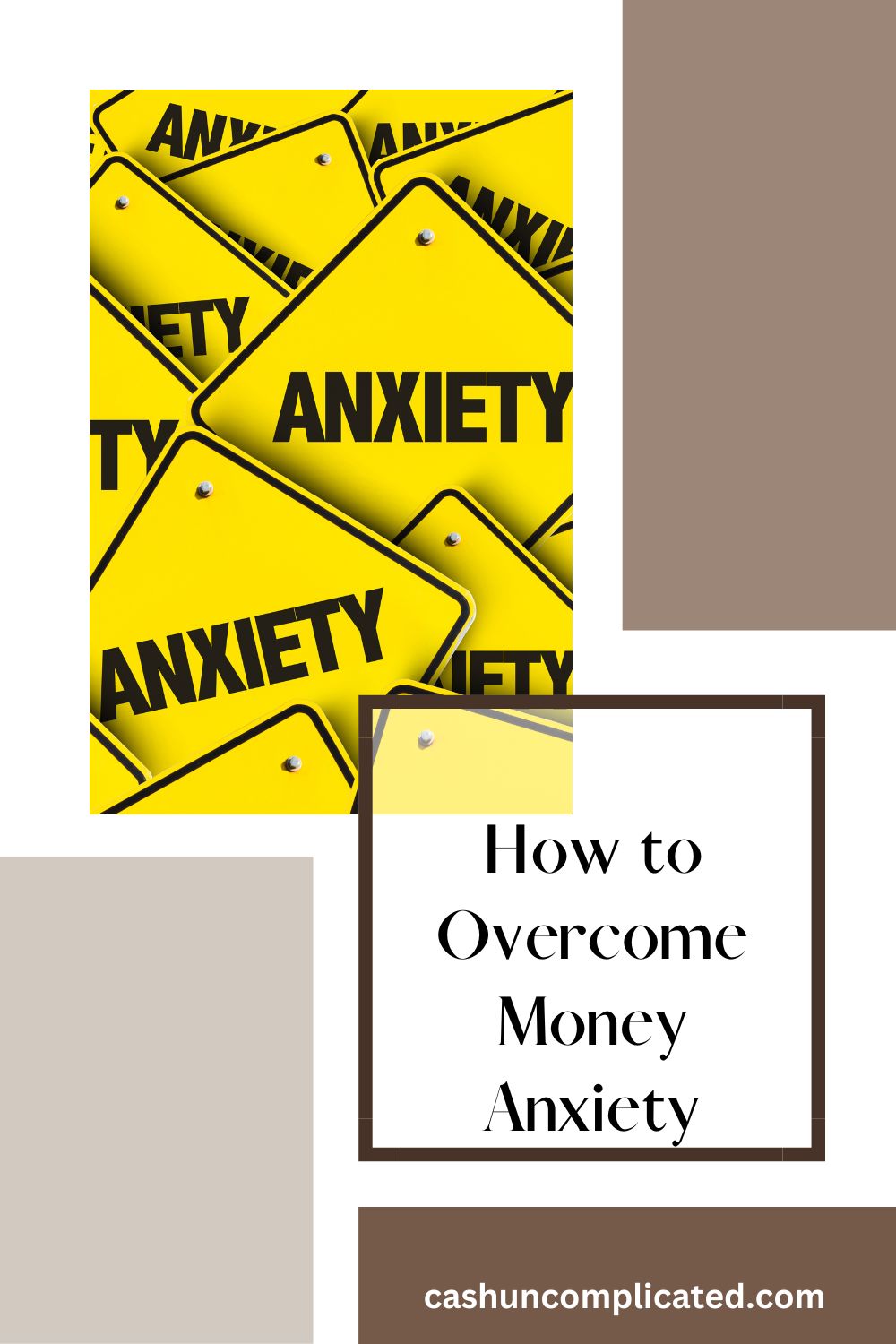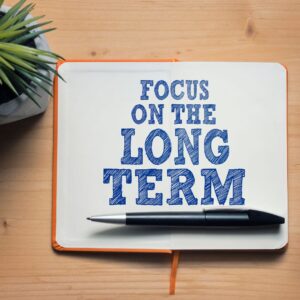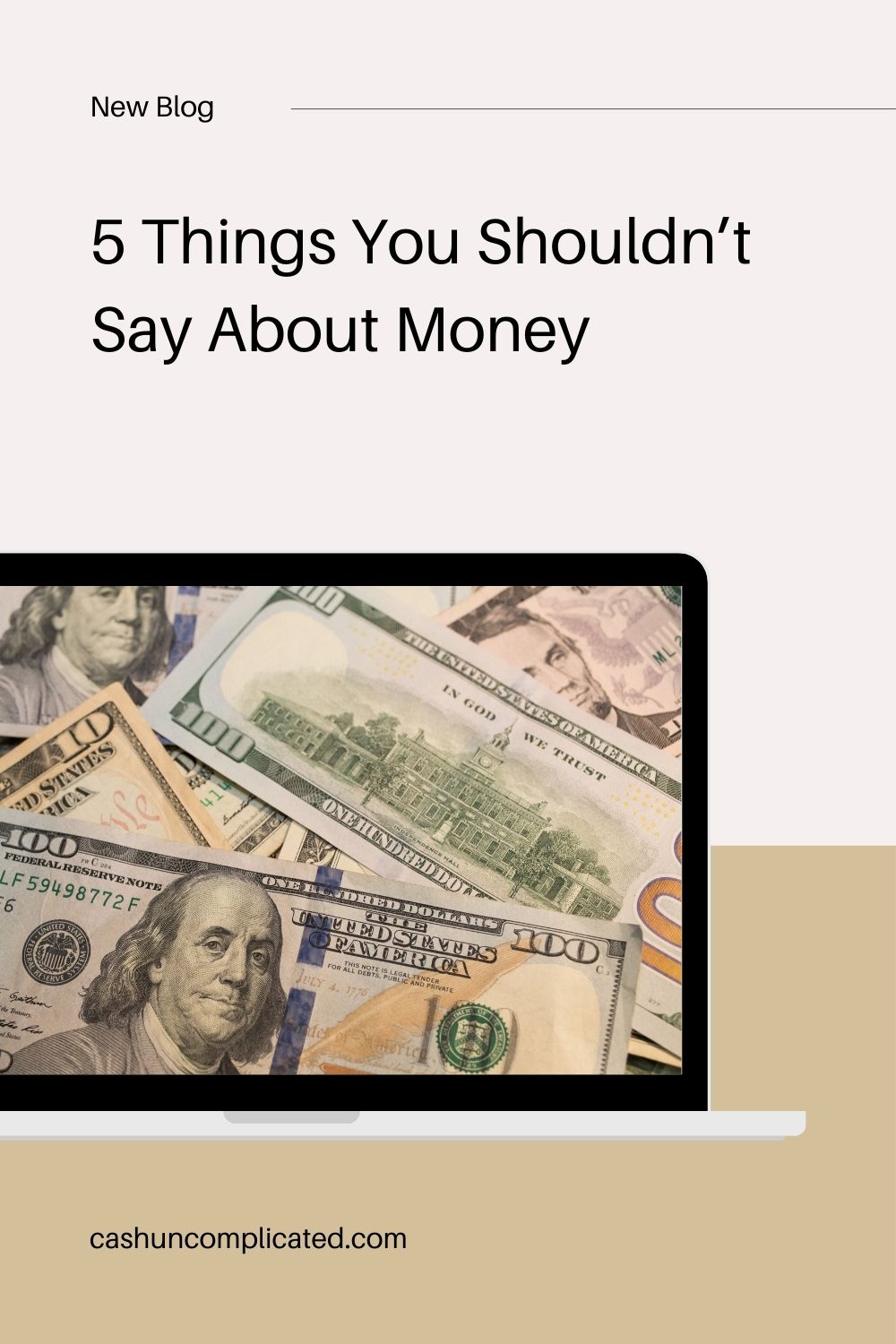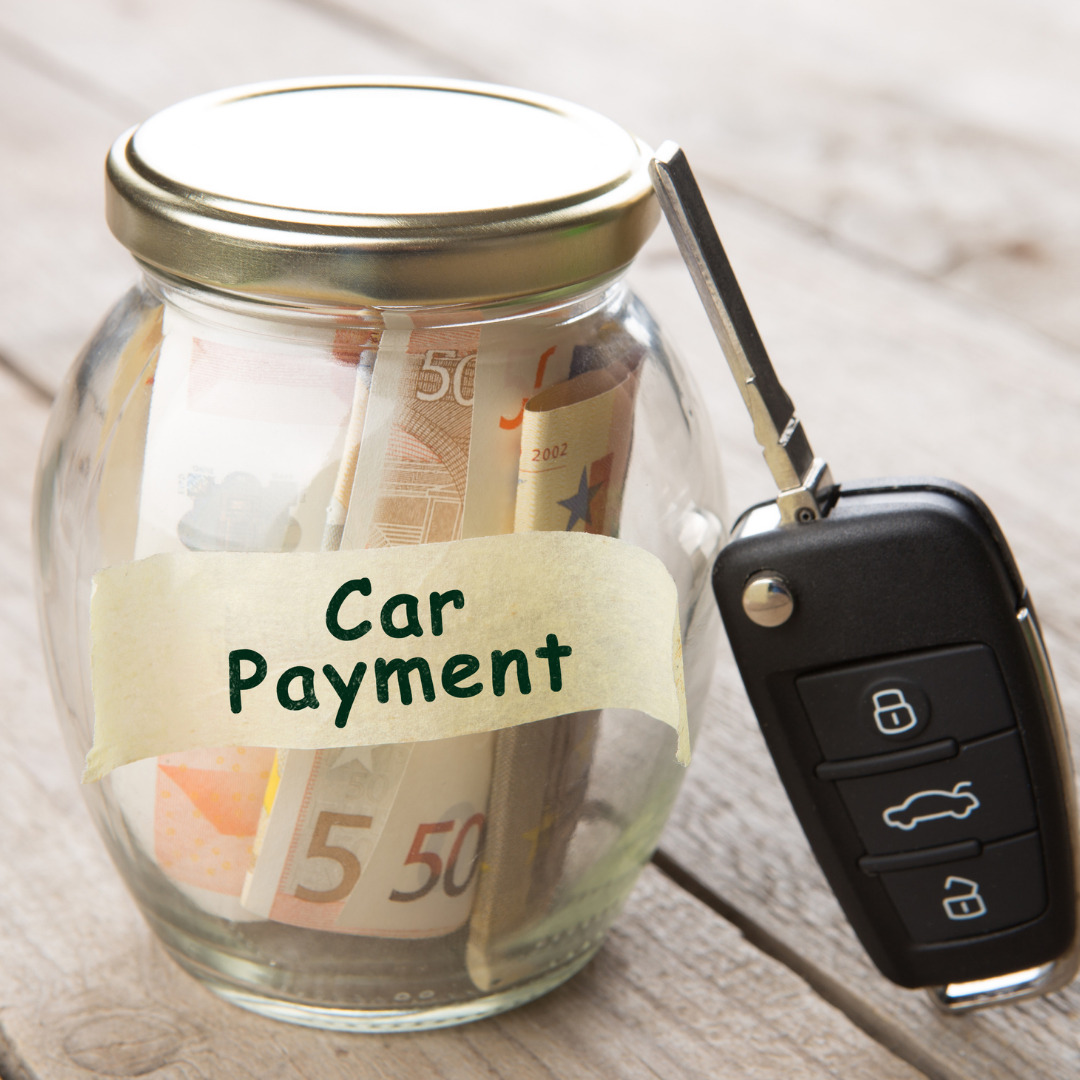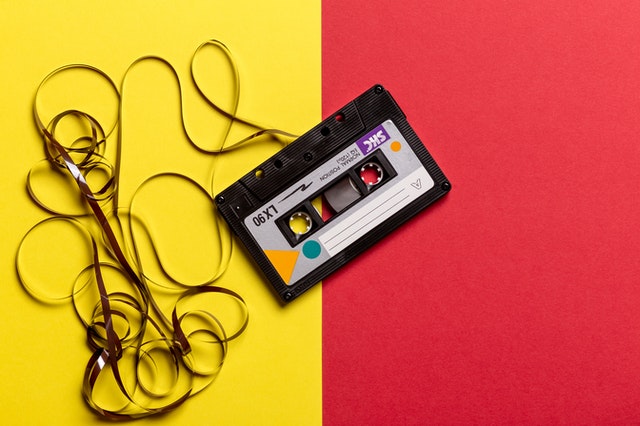Money anxiety is a lot more common than one might think. People with money have money anxiety because they’re worried about not having enough, and people without money have it because they are worried about day to day survival. And people in between have money anxiety for a combination of those reasons.
What is Money Anxiety?
Money anxiety is an uneasiness, or worry, about money. Examples include (although there are many more):
- Not having enough
- Running out of money
- Market crashes and corrections that could diminish net worth
- Not having enough food on the table
- Inability to provide for the family
There are of course many more examples, but these are some of the more common ones.
Who Money Anxiety Impacts
Money anxiety can impact anybody and everybody. I heard an example the other day of a billionaire who was worried about not having enough money. The majority of this billionaire’s friends have more money than him, so he feels like he doesn’t have enough.
Of course, this person is in the top one percent of the top one percent and is in no danger of running out of money barring an unforeseen catastrophe. The point is you and I would look at this billionaire, (or any billionaire) and think they would have absolutely no reason to every worry about money.
Perception is reality though and money anxiety can impact anyone.
Money anxiety also impacts the median salary earner, the business owner, someone making minimum wage, or an individual in the top one percent. Money anxiety is a feeling, so it isn’t always logical.
Why You Want to Overcome Money Anxiety
Life is short. The more time people spend worrying about money, the less time they have for the important things in life like spending time with family, traveling, gaining new experiences, creating impact, etc.
Formulating a plan and taking action in regards to money is a good thing I would argue. It’s taking action and control of the situation. To me, this is much different than simply worrying about money, which isn’t action oriented or particularly useful.
In a nutshell, the less time we spend with money anxiety, the more time we have for the important things. Plus, it gives us the opportunity to be engaged in what we are doing instead of worrying about money at the same time.
How to Overcome Money Anxiety
Now on to the most important part of this post–how to overcome money anxiety. There are lots of different ways to do it, these are some of the top ones that have worked for me.
Number 1: Perspective
The first way to overcome money anxiety is by putting things in perspective. The very fact that you are reading this blog means that you either have a phone, computer, or tablet. Having access to this type of device is a luxury.
Even 20 years ago, there wasn’t widespread access to this technology. Sure, people had computers but the internet was slow and it took forever for pages to load.
There are also millions (if not billions) of people in the world today without access to such technology. Technology has opened the door to information and knowledge– and opportunities are endless because of it.
Taking technology out of the equation–think about the food, health services, and clean drinking water you have access to. Throughout most of human history, finding clean drinking water and food was difficult and often took the majority of the day.
Modern day you simply turn on a faucet to get water and grab some food from the pantry you either bought yourself at the store or used a delivery service like Instacart.
Modern day living is the easiest and most efficient it’s been in the history of humankind and that’s something that should be kept in perspective. Yes, everyone is going to have money challenges and stress but there is a lot of good.
Number 2: Long-Term Thinking
“This too shall pass” is wise advice. There are going to be times in life that are amazing, and times that are not so great. It’s important to remember that the challenging times will pass, and things will get better.
This is also true in regards to money and personal finance. There will be challenging time periods. Just this month, I had to pay over $5,000 for a household repair. I’ll be honest–it really sucked to pay that much money.
I didn’t get a fun trip, larger TV, or a new car. It was simply a repair that was necessary, but gave me no enjoyment other than feeling fortunate that I didn’t have to do it myself.
It would have been really easy to stress out and get angry, but the long-term thinking is what saved me. The repair is done and life goes on. There will be opportunities for better months and hopefully more of my money in the future will go towards investments or something I really enjoy.
Number 3: Gratitude
The third strategy to overcome money anxiety is similar to the first strategy of putting things in perspective. And that’s to have gratitude.
It’s almost impossible to be grateful and have money anxiety at the same time. Gratitude and anxiety don’t mix.
Something I do when I’m feeling a little bit of money anxiety is to express gratitude over what I’m anxious about. For example, a vet bill that’s higher than expected.
The initial reaction might be frustration and some anxiety about having to pay that amount of money. A shift to gratitude would look like showing appreciation that the vet is skilled enough and has the technology to take care of your pet.
Number 4: Education
Money anxiety often comes from not knowing. Or in other words, not enough education. When I was in my 20’s and early 30’s, I had a lot of money anxiety around money due to lack of education.
- I heard I should invest, but I didn’t know how
- People told me to get out of paycheck to paycheck but I didn’t understand how
- More than one person said to buy real estate but I had no idea where to start
- I knew consumer debt was bad, but I couldn’t make the numbers work to get out of it
For all of these issues, education was the first part of the answer.
Once I read a few books about investing, I had an idea of where to start. Reading books like The Automatic Millionaire and Rich Dad Poor Dad helped get me out of the paycheck-to-paycheck cycle.
Number 5: Planning
For me, planning came after education. Once I had an idea of how to get out of consumer debt, I was able to plan for it. Same for buying real estate and investing. Once I felt competent to start, I began to plan.
The very action of planning helps to reduce money anxiety. It’s one of the first steps of taking action and it feels good to start moving towards a goal.
I’m actually able to generalize planning beyond money. Anytime I feel anxious about something, I start to make a plan. Just the act of writing things down seems to have a calming effect because action is being taken.
Don’t get overly complex when planning. Writing down just a couple plans of action is a good way to start. As you get going, you’ll start to develop more clarity and can plan more from that point.
Number 6: Implementation
After basic planning comes implementation. Start working on the plan you created. You’ll get feedback on what’s working and what needs to be adjusted.
Don’t worry too much about making mistakes because it’s part of the learning curve. For example, when I first started paying off consumer debt, I quickly learned that I wasn’t paying off enough every month to make a big enough dent in the principal pay down.
I made the needed adjustments and began to pay enough towards the debt to make a difference. As I was able to contribute even more, I paid more and got the debt paid off faster than I originally thought I would.
There is no way that everything is going to go as planned. That’s ok–make the adjustments and keep implementing the plan.
Number 7: Consistency
Overcoming money anxiety is usually more than a one-time action. There has to be consistency. For example, someone trying to get out of $5,000 of consumer debt.
Paying $200 towards the principal in one month is a great start. However, that’s only going to reduce the debt by a couple hundred dollars. That payment towards the principal needs to be repeated the next month, the month after that, and many months after that.
The debt will then be erased and the goal will be accomplished. The good news though is something happens well before the goal is achieved.
The money anxiety or stress begins to alleviate after a couple months of consistency. Action is being taken and clear progress is shown. The consumer debt has gone from $5,000 to $4,000 and the light at the end of the tunnel is getting brighter.
All of these benefits just by being consistent and sticking to a plan.
Number 8: Perseverance
Bumps in the road happen in life and with money. Know that these bumps will occur and the important thing is to persevere.
When I was changing my personal finances, I can remember hitting several snags that momentarily made me want to give up and go back to my old financial habits.
There was one time in particular where I had a car repair for a little over $1,000. That was a lot of money at the time and it set me back several months. At that point it was critical to keep going and overcome the temporary setback.
Looking back, that was a minor bump in the road that seemed major at the time. It just required a little bit of perseverance and persistence, and I was out of the temporary jam.
Related:
Number 9: Support
It’s hard to do things alone, especially if your level of competence isn’t as high as you’d like. That’s why it’s so important to get support to overcome money anxiety, fears, or worries.
Support can look lots of different ways. It can be direct support like from a friend or family member, help from a money coach or financial advisor, or a seminar for example. It can also come from indirect support such as:
- Books
- Podcasts
- Online courses
- YouTube videos
- Blogs
Support can also be a combination of all these things, or just a couple at a time. When I first started learning about personal finance I began with books. Then I added podcasts, videos, and blogs. I eventually added on more direct supports like joining a mastermind where I was able to engage with others on the topic.
Now I use a combination, sometimes heavier with indirect supports and sometimes diving deeper into more direct supports. Either way, I’m always seeking support to help me learn, grow, and improve.
Conclusion
Money anxiety is going to creep up for all of us now and then. Even those doing financially well aren’t immune to anxiety and doubt.
It’s important to remember when money anxiety comes up that there are many ways to deal with it and move on. Access your supports, sharpen your mindset, and persevere.
How do you overcome money anxiety?

